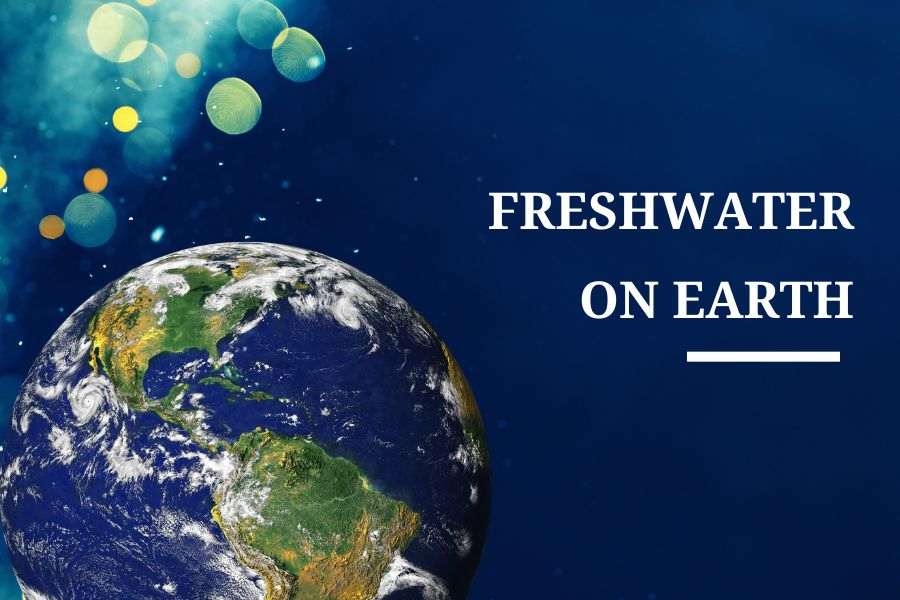Water is essential to life on Earth, and its availability is key to meeting human and environmental needs. A frequently-asked question regarding freshwater resources is, “how much there is on the planet.” This article explores its sources and discusses its significance to planet Earth and its inhabitants.
Understanding the Sources of Freshwater
Freshwater refers to water with low concentrations of dissolved salts and total dissolved solids, unlike saltwater which accounts for most of Earth’s liquid resources. As opposed to its more salty counterpart, freshwater can be consumed directly for human consumption and used in agriculture and industrial applications. Freshwater sources include surface waters, such as rivers and lakes, or groundwater beneath Earth’s surface, such as aquifers.
Freshwater on Earth is unevenly distributed, with some areas having abundant supplies while others experience severe shortages. The distribution of freshwater sources depends heavily on geographic factors like mountain presence, climate conditions and precipitation patterns that determine availability.

Percent of Fresh Water on Earth
Earth’s total water resources consist primarily of saltwater in oceans and seas. Only 2.5% is considered freshwater – however, not all can be easily accessible for human use.
An overwhelming portion of Earth’s freshwater is trapped within glaciers, ice caps, and permafrost regions – rendering it inaccessible for direct human use or other uses. An estimated 70% is held captive within these frozen reservoirs, approximately 30% can be found as groundwater storage, and less than 0.3% is found in surface sources such as rivers, lakes, and swamps.
Why freshwater is important?
Freshwater is vitally important to human survival as well as ecological balance. Humans use it for drinking, sanitation, agriculture and industrial processes while freshwater ecosystems are home to many species that help sustain our eco-system.
As global population growth accelerates, demand for freshwater resources will only increase exponentially. Climate change, pollution and over-extraction only compound this situation – leading to greater water scarcity across regions. To ensure sustainable use of this precious resource measures such as conserving water through conservation measures are implemented, investing in infrastructure investments, and practising effective water management techniques.
Conclusion:
Only 2.5% of Earth’s total water, or approximately 2.5%, is fresh water. Unfortunately, much of this freshwater remains locked up in glaciers or underground, rendering it inaccessible for human use. With increasing water scarcity worldwide, we must prioritize conservation and responsible use of freshwater resources to ensure a secure future for all.




